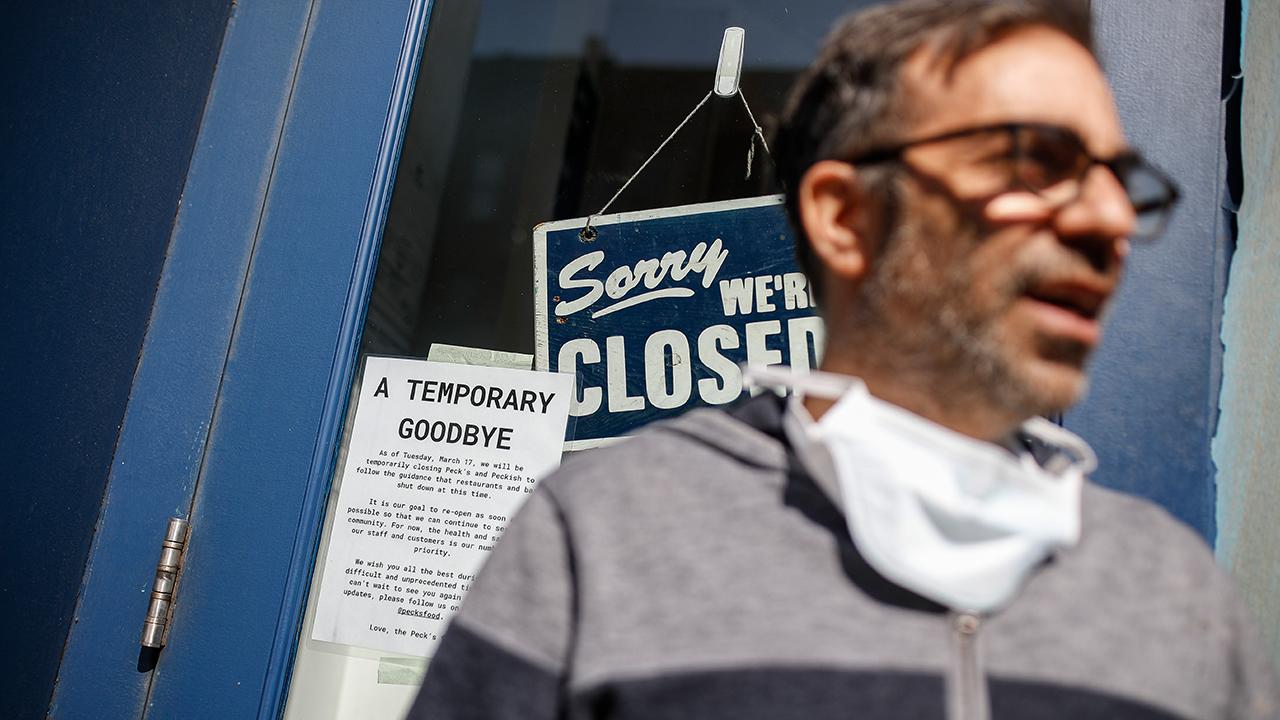What caused the financial crisis in 2008?
The 2008 recession was significantly different from COVID-19 economic shutdown
The unexpected coronavirus outbreak has sent financial markets around the world into freefall, igniting fears of an impending recession that will rival the 2008 financial crisis as world leaders strive to stave off economic calamity.
The signs of peril have naturally raised questions about how similar the current situation is to the 2008 financial crisis, the worst economic downturn since the Great Depression.
“Never in the history of the IMF have we witnessed the world economy come to a standstill,” Kristalina Georgieva, managing director of the IMF, said at a news conference last week.
But the 2008 meltdown was significantly different from the ongoing economic problems caused by lockdowns quarantines and social distancing regulations.
WHAT TRIGGERS AN ECONOMIC RECESSION?
The worst financial crisis since the Great Depression was triggered by overheating in the housing markets. Banks and other lenders approved mortgages, sometimes to borrowers with poor credit histories, driving up home prices to astronomical levels. Banks then sold the risky mortgage-backed securities to other financial institutions.
Large financial conglomerates like Bear Stearns, Lehman Brothers, Merrill Lynch and Morgan Stanley all became lenders of mortgages. According to a 2018 paper published by the University of California Berkeley, by the summer of 2007, UBS held onto $50 billion of high-risk mortgage-backed securities, Citigroup $43 billion, Merrill Lynch $32 billion and Morgan Stanley $11 billion.
WHAT HAPPENS DURING A RECESSION?
“Since these institutions were producing and investing in risky loans, they were thus extremely vulnerable when housing prices dropped and foreclosures increased in 2007,” the paper said.
As a result of a glut of new homes on the market, housing prices across the country began to plummet, meaning that millions of homeowners and their mortgage lenders were suddenly “underwater,” which means they owed more on the mortgage than the estimated value of the property. Owners defaulted on their mortgage payments and lost their homes, and banks that held the securities were pushed toward bankruptcy.
“When the mortgage industry collapsed, it shocked the U.S. and global economy,” the authors of the UC Berkeley paper wrote. “Had it not been for strong government intervention, U.S. workers and homeowners would have experienced even greater losses.”




















